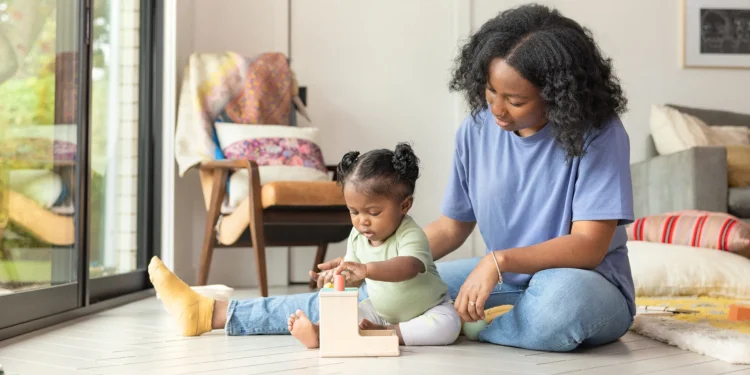Mastering the Art of Positive Parenting: Proven Strategies for Raising Happy and Healthy Kids
Parenting is one of the most rewarding experiences in life, but it can also be one of the most challenging. As a parent, you want nothing more than to see your children grow up to be happy, healthy, and successful individuals. However, achieving this goal requires more than just love and affection – it requires a conscious effort to cultivate a positive and nurturing environment for your children to thrive in.
The Importance of Positive Parenting
Positive parenting is a parenting approach that focuses on building strong, positive relationships with your children through communication, empathy, and respect. Research has shown that positive parenting can have a significant impact on a child’s emotional, social, and cognitive development. Children who grow up in a positive parenting environment are more likely to have higher self-esteem, better social skills, and a greater sense of well-being.
Key Strategies for Positive Parenting
There are several key strategies that parents can use to master the art of positive parenting and raise happy and healthy kids:
1. Establish Clear Expectations
Setting clear expectations for your children is essential for creating a positive and structured environment. Make sure your children understand what is expected of them in terms of behavior, chores, and responsibilities.
2. Use Positive Reinforcement
Positive reinforcement is a powerful tool for encouraging good behavior in children. Praise and reward your children when they exhibit positive behavior, such as sharing, helping others, or completing tasks.
3. Practice Active Listening
Active listening is a key component of effective communication with your children. Take the time to listen to your child’s thoughts, feelings, and concerns without judgment, and respond with empathy and understanding.
4. Set a Good Example
Children learn by example, so it’s important to model positive behavior and values for your children to emulate. Show them how to communicate effectively, resolve conflicts peacefully, and treat others with kindness and respect.
5. Foster Independence
Encouraging independence in your children helps them build confidence and develop important life skills. Allow your children to make age-appropriate decisions and take on responsibilities so they can learn to be self-reliant.
Common Questions About Positive Parenting
Here are some common questions that parents often have about positive parenting:
1. How can I discipline my child in a positive way?
Positive discipline involves setting clear boundaries, using consequences that teach rather than punish, and focusing on teaching your child how to make better choices in the future.
2. How can I stay calm and patient when dealing with challenging behavior?
It’s important to practice self-care and stress management techniques to help you stay calm and patient when dealing with challenging behavior. Take breaks when needed, practice deep breathing exercises, and seek support from other parents or professionals if necessary.
3. How can I build a strong bond with my child?
Building a strong bond with your child requires spending quality time together, engaging in activities that you both enjoy, and showing affection and support. Make an effort to connect with your child on a regular basis and create opportunities for meaningful interactions.
4. How can I handle sibling rivalry in a positive way?
Sibling rivalry is a common issue in many families, but there are strategies you can use to help your children get along better. Encourage positive communication, teach conflict resolution skills, and set clear expectations for respectful behavior between siblings.
Conclusion
Mastering the art of positive parenting is a journey that requires patience, dedication, and a willingness to learn and grow. By implementing the key strategies outlined above and addressing common questions and challenges, you can create a positive and nurturing environment for your children to thrive in. Remember that every parent-child relationship is unique, so it’s important to find what works best for you and your family. With time and effort, you can raise happy and healthy kids who will grow up to be confident, compassionate, and successful individuals.









































